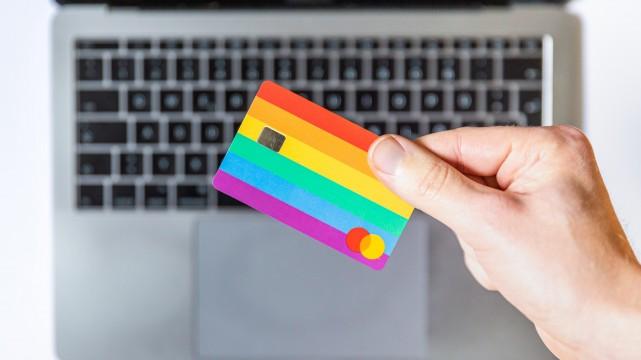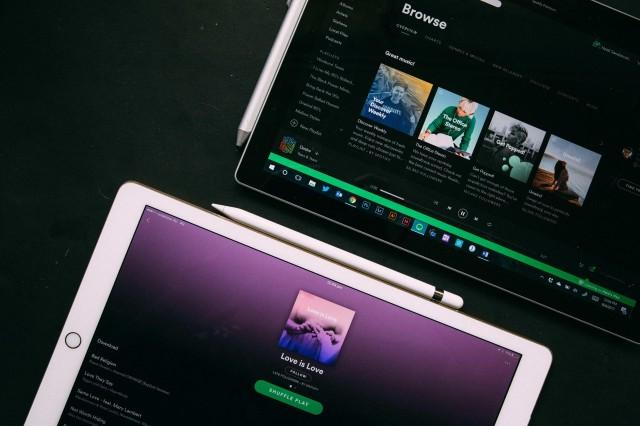#PINNED: Here are the little things that continuously sap your income

#Pinned makes it easier for young Filipinos to discover meaningful and enriching content and stories that will help them separate music from the noise, wheat from the chaff, and flowers from the weeds.
All our stories are written by young creatives who made it their life mission to know everything there is to know about how fellow young adults can make the most out of their limited down time every day, every week.
Saving money can be easier said than done, especially when we’re constantly exposed to different ideas of what we should be buying in order to have a “better” life. We constantly spend on things that we think are “small” but in reality are the ones adding up to a huge part of our income that we could’ve saved because we didn’t really need them.
If you’re like us who seem to not be saving a ton because you end up using up all your earnings, then it’s time for you to re-evaluate your spending. To help you in your financial journey, we’ve rounded up the little things that sap your income and make you save less.
1. Frequent food deliveries

When you’re preoccupied with work or just too tired after a long day, it can be so tempting to just bust out your food delivery app and order some takeout. However, imagine if you’re busy every day, then you could be spending a lot just on food deliveries alone. Aside from your health, it’s also not good for your wallet. While it is convenient, it can also be very costly especially when you’re doing it almost daily.
To avoid overspending, set a limit for weekly or monthly budget on food deliveries. You can also set a free day in your week to plan your meals and prepare ingredients beforehand so that on busy nights, you could just take them out from the fridge and cook them.
2. Impulse buys

To those who are suckers for shopping, you might have experienced buying items you didn’t really plan to buy in the first place, especially during a sale. We all have been victims of those red tags and 50% off promos.
A good tip to avoid impulse buying is to create a list of things you want to buy and look for upcoming sales on those items. While it’s good to not buy items at full price, it’s still considered an expense, so buy only the things you really need. No matter how big the discount is, it’s still not a good deal if you don’t need it.
3. Late fees and high interest charges

If you have a credit card, it can be tempting to just swipe it when purchasing unnecessary items. While credit cards are very helpful especially when you have no cash on hand yet, they still shouldn’t be used as an extension of your budget. If you’re going to pay with your credit card, make sure you only buy things you could easily pay right away. Keep track of your due dates and pay the balance in full each month to avoid debts and extra interest charges.
Just like discounts, don’t be tempted by the rewards offered by your credit card company. While they are great perks, they should only be a bonus to your purchases and not the reason for you to spend more. Using points to book a flight is only a good deal if you’re not paying high interests on your credit card debt.
4. Unused subscriptions

If you’re like us who love trying out free subscription services, then you must have experienced being a victim of those free-trial periods that have ended and have unknowingly charged your credit cards. In order to avoid such mistakes, constantly check subscriptions you are paying for. Make sure you are getting the most use out of them. When it comes to availing subscriptions, be prepared to commit to it and maximize its use.
Avoid having repetitive subscriptions that basically have the same use. For example, you’re paying for Apple Music, Spotify Premium, and YouTube Music all at the same time. It’s no use being subscribed to all three because you’re not getting the most use out of all of them because they more or less provide you the same services.
5. Disposable items

Aside from not being sustainable, disposable items cost a lot if you have to constantly buy them. Every time you throw away your single-use items, you are also throwing away money you could have spent on other things. Yes, disposable items are convenient to use, especially when you’re on the go. We’re not saying to quit using them all at once, but to slowly swap disposable items that you can live without with their sustainable counterparts.
For example, you can start by switching to menstrual cups instead of buying at least a pack of sanitary pads for your cycle every month. They may be pricier at first, but you’ll definitely be saving a lot more in the long run than if you shell out money every single month.
If you have already spent money on these items, don’t worry, it’s not too late to change your financial habits. Be more conscious of what you buy. Think hard about what’s really worth spending on. Know the difference between what you really need and what you’re just tempted to buy. The key is to start the change now to achieve your full financial potential.



